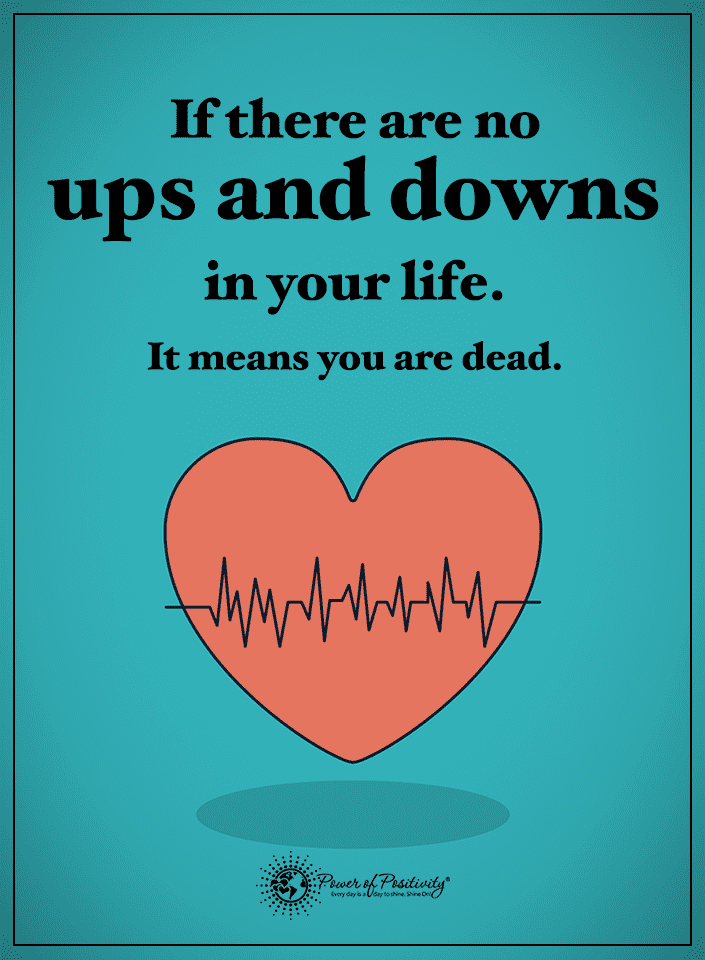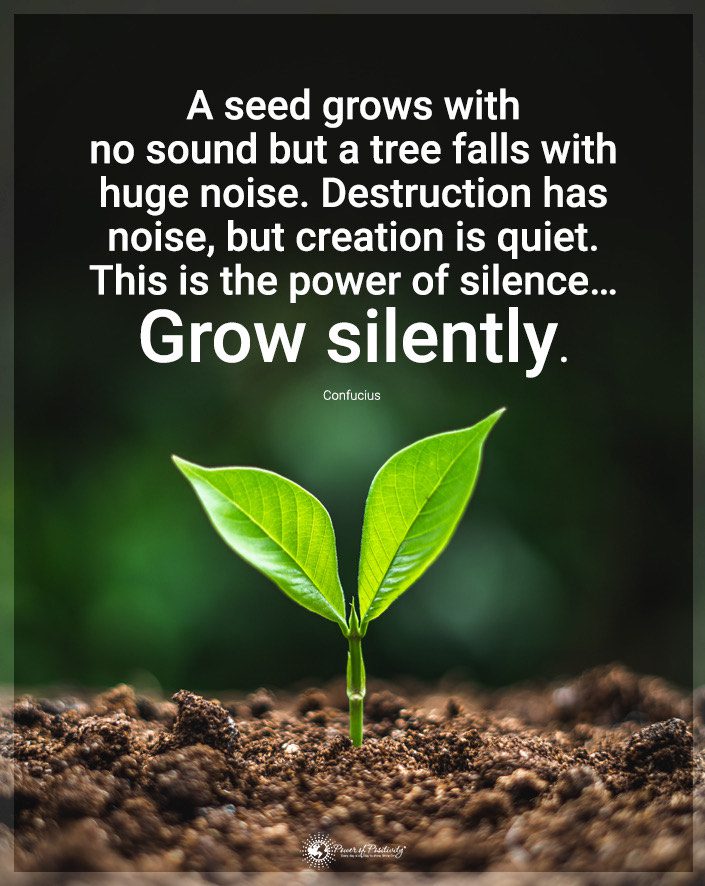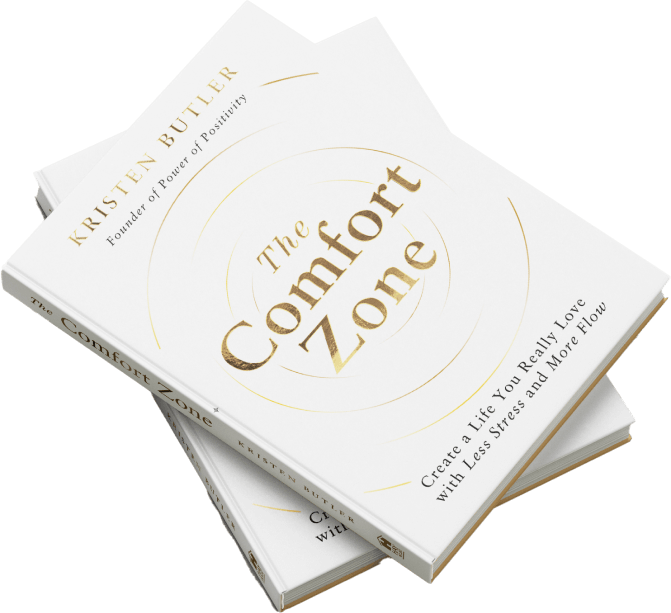If you know how to turn setbacks into life lessons, they are not failures.
An occasional setback is a natural part of life’s journey. They can be as minor as a bad day at work or as significant as a major life event. Regardless of their scale, setbacks can affect our mental and physical health.
It’s essential to recognize that experiencing a setback doesn’t mean failure; it’s simply a detour on the road to success. Just as you might set a navigation app to keep you on course during a long road trip, having a few tools in your kit can help you bounce back with ease and grace.
13 Ways to Heal After You Have a Setback
Reframe your thoughts about your setbacks. You will learn how to use them to change and grow.
1 – Embracing the Learning Experience
Every setback carries the opportunity to learn a lesson, though it may not be immediately apparent. When faced with a challenge, it’s natural to feel a mix of emotions—frustration, disappointment, even grief.
These feelings are valid. Dwelling on them can harm your progress. Instead, try to view the situation with curiosity.
Ask yourself, “What can this experience teach me?” It may be a newfound understanding of your limits or a revelation about what truly matters to you. It could even be a skill you’ve had to develop to navigate the difficulty. Focusing on what you can learn transforms the setback into a stepping stone.
That doesn’t mean ignoring your emotions. Rather, it acknowledges them and then moves forward to grow. This approach begins the healing process and equips you with wisdom for future challenges.
2 – A Setback Gives You the Power of Perspective
The way you perceive a setback shapes your response to it. If you view it as a roadblock, it becomes an immovable object, stopping progress. However, it becomes part of the journey, albeit unexpectedly, if you see it as a detour.
That doesn’t mean you have to be happy about the situation, but by considering it a chance to reassess your path and re-strategize, you can find new opportunities for success.
For instance, a lost job could become an opportunity to pursue a career more closely aligns with your passions. A failed relationship can lead to personal growth and a better understanding of what you need from a partner. By reframing the setback, you turn it into a tool for self-improvement and have a stronger comeback than your setback.
3 – The Importance of Self-Compassion
During times of difficulty, the way you talk to yourself matters. Self-compassion is about extending the kindness to yourself that you would offer to a friend in distress. Instead, it’s about recognizing that setbacks are part of being human and allowing yourself space to be imperfect.
Harsh self-criticism can be more damaging than the setback, leading to increased stress and an extended recovery. Instead, practice self-care and positive self-talk. Remind yourself of your strength and past success. Allow yourself time to heal and understand that it’s okay not to be okay for a while.
This gentle approach can significantly speed up your recovery and lead to a healthier, more balanced state of mind.
4 – A Setback Means Reaching Out for Support
Isolation can magnify the impact of a setback. It’s important to remember that asking others for help is a sign of strength, not weakness. Support systems are vital, whether confiding in a trusted friend, leaning on family members, or seeking professional advice.
They can provide comfort, offer a different perspective, or even present solutions you might not have considered. Moreover, just verbalizing your feelings and thoughts can be incredibly therapeutic. It can help you process your emotions and clarify your thoughts.
Remember that those who care about you want to help you succeed and will support you through tough times.
5 – Setbacsk Can Help Set Realistic Goals
After experiencing a setback, it can be tempting to make a grand comeback immediately. However, it’s essential to set realistic, manageable goals.
These goals should be the following: specific, measurable, attainable, relevant, and time-bound (SMART). For example, if you’re recovering from a financial setback, a realistic goal might be to create a budget or save a certain amount each month rather than aiming to double your income right away.
Celebrating small wins is crucial as it helps to rebuild self-efficacy and momentum. Each achievement, no matter how small, is a step in the right direction and reinforces the belief that you can overcome obstacles.
6 – The Role of Routine
When you have uncertainty, a routine is an anchor, holding you steady. It creates structure in your day, which can help manage anxiety and stress. A routine doesn’t have to be rigid or packed—it just needs to provide a predictable rhythm to your day, which can be comforting during times of chaos.
This structure could be as simple as setting a regular bedtime and wake-up time, scheduling daily exercise, or setting aside time for meals. Including activities you enjoy and give you a sense of accomplishment is also beneficial. Finally, sticking to a routine creates a sense of normalcy that can carry you through the turbulence of overcoming a setback.
7 – Prioritizing Physical Health
When facing setbacks, it’s easy to neglect physical health. However, physical activity is not just about maintaining fitness. Instead, it’s vital to emotional and psychological recovery.
Even moderate exercise releases endorphins. These are brain chemicals that serve as natural painkillers and mood elevators. Regular physical activity can help ease the worst symptoms of depression and anxiety associated with setbacks.
Moreover, a good night’s sleep is essential for cognitive function and emotional regulation, while a balanced diet provides the nutrients your body must have to handle stress. When you prioritize your physical health, you create a strong foundation supporting your ability to bounce back from challenges.
8 – Use a Setback to Develop a Growth Mindset
A growth mindset believes that each of our abilities and intellect come from dedication and hard work. This perspective is crucial when recovering from setbacks because it fosters resilience and a willingness to learn from mistakes.
Instead of feeling defeated by failure, a growth mindset encourages you to ask, “What can I learn from this?”
It’s about embracing challenges, persisting in the face of setbacks, and seeing effort as a path to mastery. When you work on a growth mindset, you open yourself up to new strategies and approaches, making you more adaptable and better equipped to overcome future obstacles.
9 – A Setback Helps Find Joy in Small Things
Little pleasures can often help restore your spirits in the aftermath of a setback. The warm ray of sunshine streaming through a window, the melody of a favorite tune, or the escape offered by a gripping novel—these simple joys can provide a much-needed respite from stress.
They serve as reminders that beauty and pleasure come from everyday moments. By allowing yourself to find joy in the small things, you create pockets of happiness in your day, contributing to a more positive outlook and a more resilient mindset.
10 – The Benefit of Mindfulness
Mindfulness is the practice of being fully present in the moment, aware of where we are and what we’re doing, without being overly reactive or overwhelmed by what’s happening around us. In a setback, practicing mindfulness through meditation, deep-breathing exercises, or even mindful walking can be incredibly beneficial.
It helps to center your thoughts, calm your mind, and reduce the stress of ruminating on past events or worrying about the future. Mindfulness can improve your focus, reduce negative emotions, and enhance your overall well-being, aiding healing.
11 – Master The Art of Letting Go
One of the most challenging aspects of dealing with setbacks is the tendency to cling to what could have been. This attachment to unmet expectations can prolong distress and impede recovery.
Letting go is an art that involves accepting things as they are, not as we wish they would be. It’s about acknowledging that some circumstances are beyond our control.
You free up emotional space and energy to move forward by releasing the grip on past disappointments. Letting go doesn’t mean giving up; instead, it means you choose not to let the past dictate your future.
12 – Setbacks Reveal the Importance of Flexibility
Flexibility in thinking and approach is a key component of resilience. When a setback occurs, rigid thinking can lead to helplessness and frustration.
Being flexible means adapting your methods and expectations in response to changed circumstances. It’s about creative problem-solving and finding alternative pathways to your goals. This adaptability can make the difference between remaining stuck and moving forward.
This flexibility allows you to navigate through uncertainty with a greater sense of control and confidence.
13 – Reflecting on Past Successes
Reflecting on past successes is a powerful way to rebuild self-confidence after a setback. These can be a reminder that you have faced challenges before and have come out on the other side.
This reflection can be a source of motivation and a reminder of your resilience. By recalling the strategies you used and the strengths you exhibited in past successes, you can draw on these same resources to overcome current obstacles. It’s a way to tell yourself, “I’ve done it before, I can do it again.”
Final Thought on Healing Your Soul After a Setback
Setbacks are an inevitable part of life, but they don’t define us. We can overcome these challenges by adopting a positive outlook, setting realistic goals, and caring for our mental and physical health. Remember, healing is not a linear process, and taking the time to recover is okay. With each step forward, you’re not just moving past the setback but growing stronger and more resilient.


















 Community
Community

